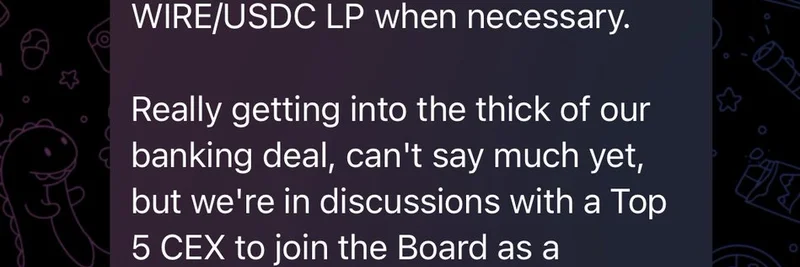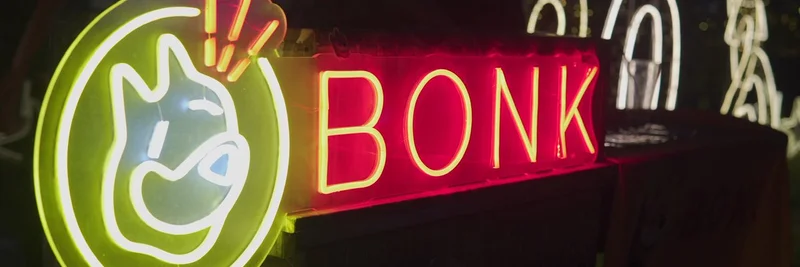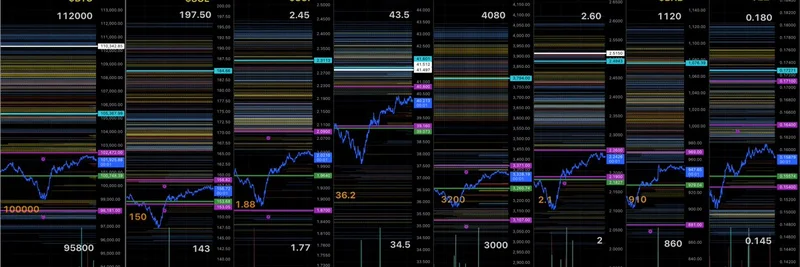Hey there, crypto enthusiasts! If you're deep into the world of meme tokens and blockchain, you've probably caught wind of some eyebrow-raising news from across the pond. Brad Gerstner, the founder of Altimeter Capital and a sharp voice in the investment space, just dropped a hot take on X (formerly Twitter) about France's latest move in taxing cryptocurrencies. Let's break it down in plain English and see what it means for us in the meme coin community.
It all started with a post from @unusual_whales, highlighting how France is shaking up its wealth tax rules. Under this new law, if your net assets top €2 million (that's about $2.17 million USD), you could be hit with a 1% tax—and yep, that includes your crypto holdings, even if you haven't cashed them out yet. The French government is calling these big crypto stashes "unproductive wealth," which basically means they're seen as sitting idle without contributing to the economy in a traditional sense.
Gerstner didn't hold back in his response. He quoted the post and fired off: "Beware of politicians taking your hard earned private property because they deem it 'unproductive.' The road to hell is paved with good intentions. This will bury France. America will rise by getting more people in the game of capitalism as opposed to burning it down. 🇺🇸🚀" You can check out the full post here.
Now, why does this matter for meme tokens? Meme coins like Dogecoin, Shiba Inu, or the latest viral sensations on Solana often thrive on hype, community, and speculative holding. They're not always about immediate utility—they're fun, they're cultural, and yeah, they can moon if the vibes are right. But labeling large holdings as "unproductive" could discourage big investors from HODLing (that's "hold on for dear life" for the newbies) these assets. In France, this might push whales to sell off or move their portfolios elsewhere, potentially tanking liquidity and innovation in the European crypto scene.
Gerstner's point hits home: Governments stepping in to decide what's "productive" feels like overreach. It's your property, earned through smart trades or early bets on projects. This kind of policy could stifle the very entrepreneurship that blockchain fosters. Think about it—meme tokens often start as jokes but evolve into real ecosystems with DeFi integrations, NFTs, and charitable causes. Taxing them prematurely might kill that spark before it ignites.
On the flip side, Gerstner sees opportunity for the U.S. By embracing capitalism and drawing more folks into crypto, America could become the go-to hub for blockchain innovation. We've already got spots like Miami turning into crypto capitals, and with clearer regulations (fingers crossed post-election), meme coin creators and investors might flock here instead of Europe.
This isn't just about France; it's a wake-up call for global crypto regs. If you're holding meme tokens, keep an eye on how policies like this evolve—they could affect market sentiment worldwide. Diversify, stay informed, and maybe even voice your thoughts on X to keep the conversation going.
What do you think? Is this tax a fair way to fund public services, or a slippery slope toward more control? Drop your takes in the comments below, and let's keep building that knowledge base together here at Meme Insider. 🚀




